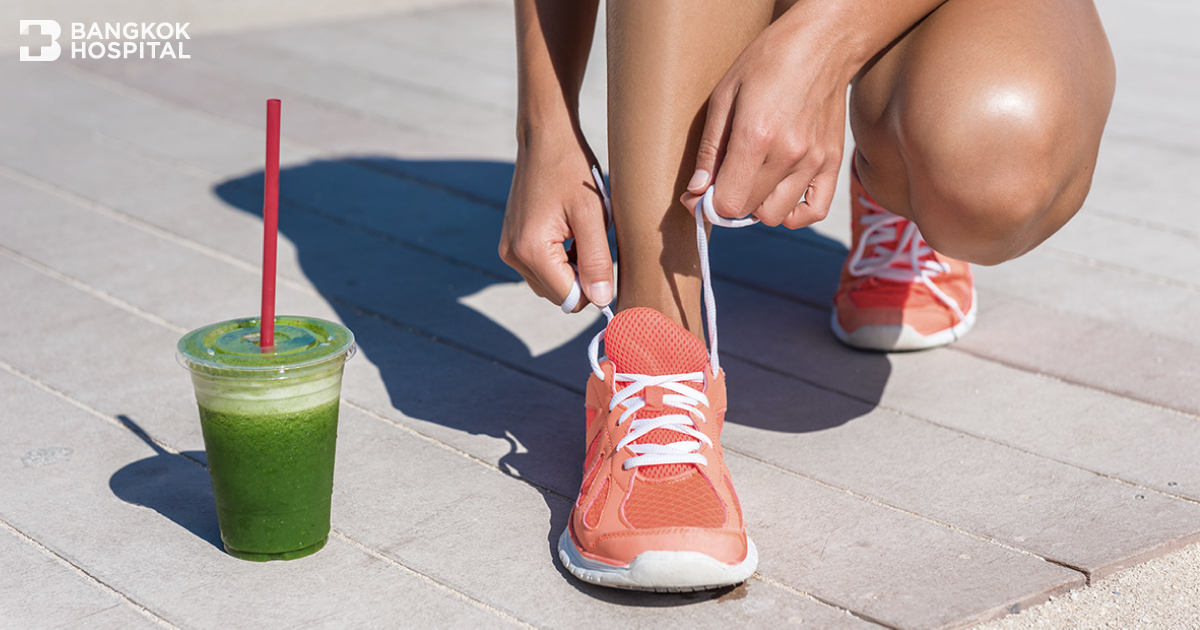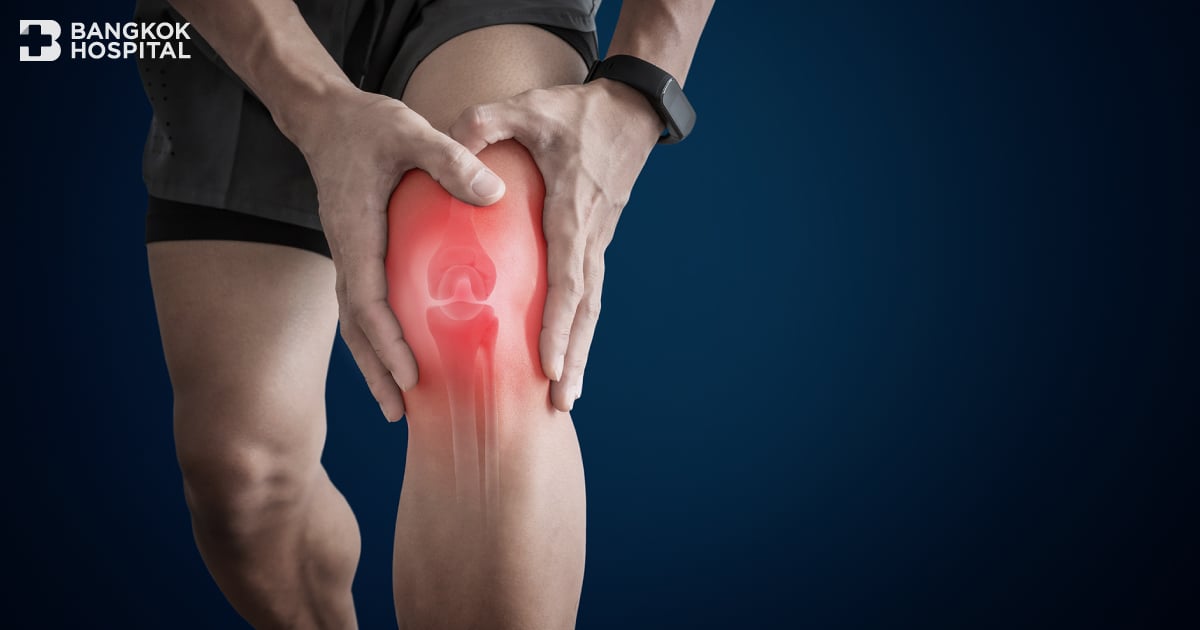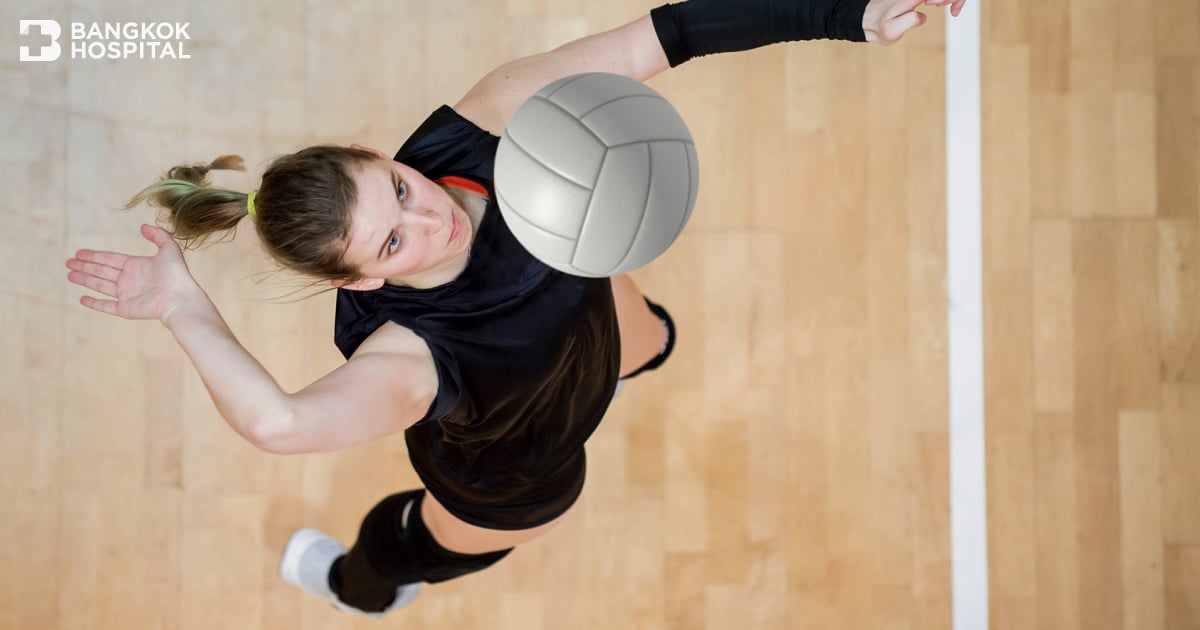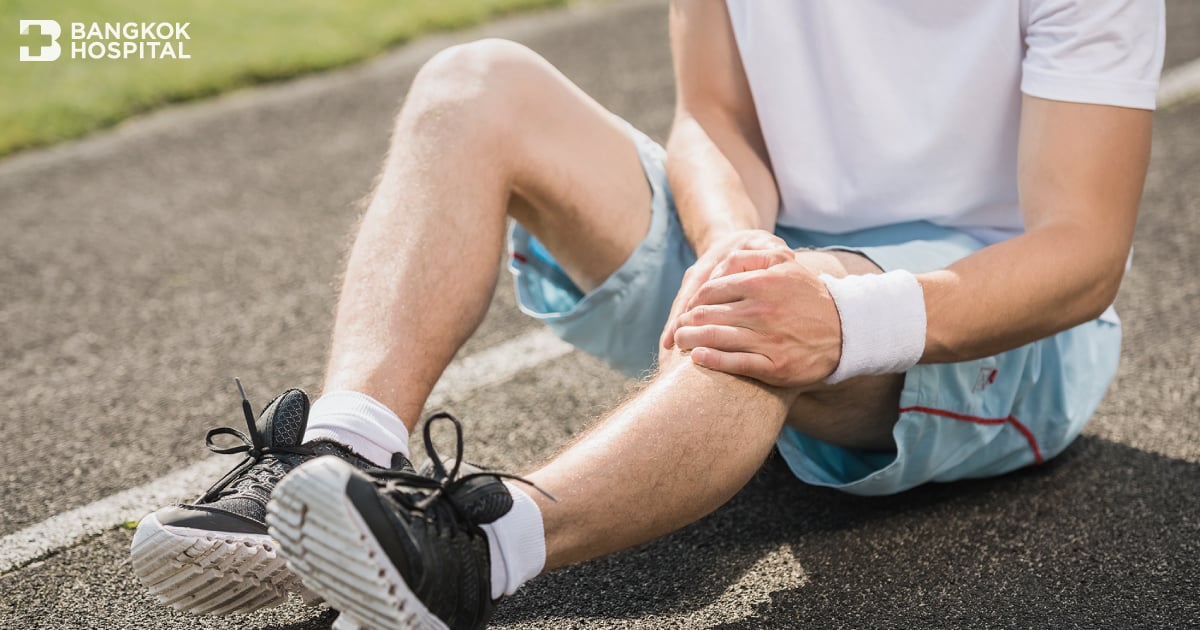For runners, aside from regular training, an extremely vital part of their preparation which cannot be neglected is nutrition that will help them sustain their strength and boost their reserved energy while running. This includes replenishing and rejuvenating their bodies afterwards also.
So, runners should have a step-by-step dietary plan – before, during, and after competitions – to keep their bodies as perfectly fit as possible, so that they have the stamina to perform at a high level during their races. Such a plan can be divided according to the different intervals, as follows:
Interval 1: 5 days before a race
During the preparation 5 days before the competition, you will need to increase the amount of carbohydrate in each meal according to the training schedule and the competition, in order to store your reserve energy in the form of glycogen. Your body will keep 80% of glycogen in the muscles, 14% in the liver, and the remaining 6% as glucose in your blood stream.
A research by Dr. Asker Jeukendrup at the University of Birmingham, England, compared dietary schedules of two groups of runners during 11 days prior to a race. In one group, runners consumed less carbohydrate at 41%; while it was 65% in the other. The research found that the former felt tired and fatigued sooner, as compared to the latter who could maintain the energy and performance levels until the end of the competition. It concluded that there was a correlation between the amount of glycogen stored in the body and a runner’s performance. Less glycogen indicated lower performance level and greater fatigue.
Recommended amount of carbohydrate for runners, 5 days before a race
Distance of the race / Amount of Carbohydrate
- 30 minutes – 1 hour / day, carbohydrate 2 – 4 grams per 1 kilogram of body weight
- 1 – 3 hours / day, carbohydrate 4 – 6 grams per 1 kilogram of body weight
- 3 – 4 hours / day, carbohydrate 5 – 8 grams per 1 kilogram of body weight
- More than 4 hours / day, carbohydrate 8 – 10 grams per 1 kilogram of body weight
For example, a male runner weighing 70 kilograms practicing 3 – 4 hours a day for a marathon will require about 350 – 560 grams of carbohydrate per day.
Examples of flours and grains that contain carbohydrate in 15 – 18 grams of food
- 5 tablespoons of plain white rice, 8 tablespoons of parboiled noodles.
- 3 tablespoons of steamed sticky rice, 1/2 ear of corn.
- 1 slice of bread, 1/2 pair of burger buns.
- 10 tablespoons of parboiled glass / egg noodles, 1/2 cup of sweet potato / taro
- 1/2 cup of oats / serial, 1 cup of congee.
- 1/2 cup of macaroni / spaghetti, 3/4 cup of rice soup.
- 2 pieces of 2.5”x2.5” of cracker, 1 fold of rice flour noodles.
- 2 pieces of cookie, 1 piece of brownie.
- 1 piece of donut, 1 tablespoon of yam.
- 4 pieces of chocolate, 1 piece of coconut milk jelly.
In choosing the types of carbohydrate, it is found that mixing both simple with complex carbohydrates yields good effects on the runner’s performance.
Interval 2: 1 day before a race
Maintain your normal diet, keeping your familiar menus or regular foods, and the number of meals. The amount of carbohydrate (rice, flours, etc.) should remain as high as the previous 5 days. Choose the source of protein from low-fat meat that is easy to digest, such as steamed fish, broiled fish, broiled chicken without skin, stir-fried or parboiled vegetables. Avoid large amounts of fresh vegetables and fruits, as well as som-tum (Thai papaya salad), spicy salads, half-cooked meats, grilled seafood, raw fish, high-fiber foods, various bean and nuts – as all of these can cause a diarrhea or stimulate bowel movements before the race the following day.
Interval 3: 1 – 2 hours before a race
Normally, a marathon starts near the hour of dawn. So, runners should ready their bodies and start having food at least 1 – 2 hours before the competition.
An appropriate meal for this should contain high-energy diet that is also easy to digest – such as sweet potato, oats, bread with jam, tuna sandwich, waffle, donuts, bread with steamed Thai custard, raisin bread, croissant, butter cake, sweet sticky rich, shredded pork, stick rice with steamed Thai custard, and congee with eggs. To avoid are deep dried, high-fat, hard to digest and high-fiber foods. For runners who like to drink milk or coffee in the morning, it is better to avoid such beverages then also, as it may cause a diarrhea or stimulate bowel movements on the day of the race.
Interval 4: During the race
During the marathon, the body needs 30 – 60 gram every hour of the race. In order to enhance the performance, the appropriate types of nutrition should be in the form of liquid gel or easy to chew tablets that are easy to digest and is not too heavy or filling – such as ready to drink packet gel for sportsmen, mineral drinks, fruit juice, chocolates, and jelly, etc.
While running, you should not drink a lot of liquid all at once; as it can cause pain or tightness in the stomach. You should frequently take small sips at the provided water stations.
Interval 5: Within 1 hour of the race
Afterwards, your body will need to replenish the glycogen that had been spent during the marathon. If it does not receive nutrition sufficiently or in time, the body may feel fatigued – taking longer time to recover or making it susceptible to compounded injuries. The most essential nutrition is glycogen, to provide energy and replenish the body.
The type of carbohydrate that is appropriate within 1 hour of the race should be something that is easy to digest and absorbed, so that the energy can be restored immediately. This also includes necessary minerals – such as sodium – that are contained in sportsmen’s drinks, chocolate milk, fruit juice, bread with steamed Thai custard, waffle, donuts and butter cake, as well as fruits that have high juice and potassium contents – such as watermelon, pineapple, orange, banana, etc.
In addition, protein, too, is needed to rejuvenate the muscles, allowing the body to recover and returning to its normal state rapidly; thus, reducing tiredness and fatigue, while also healing any injury that might have occurred during the race. The types of food with high protein contents that are appropriate after running include fresh milk, soy milk, grilled meatballs, protein bars, whey protein, steamed bun stuffed with minced meat, Chinese dumplings, tuna sandwich, boiled egg, peanuts, sweet mung bean cake.
After a marathon, if your weight has decreased, your mouth is dry, your urine has turned dark yellow, or you feel dizzy or fatigued, these symptoms indicate that you are severely dehydrated. You should drink suitably chilled water to quench the thirst and freshen the body, to sufficiently resupply the fluid that was lost during the run, until the symptoms improve.












